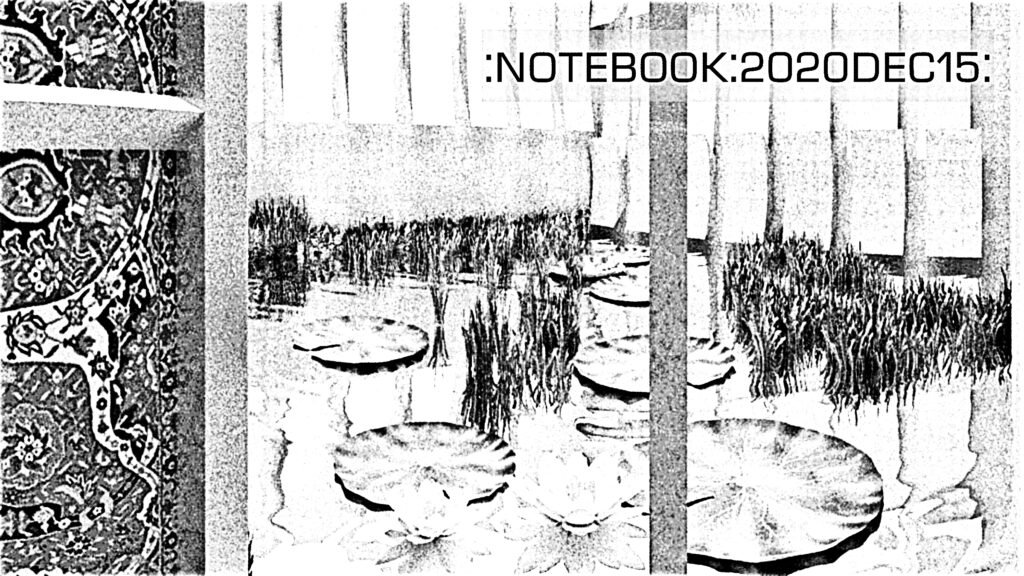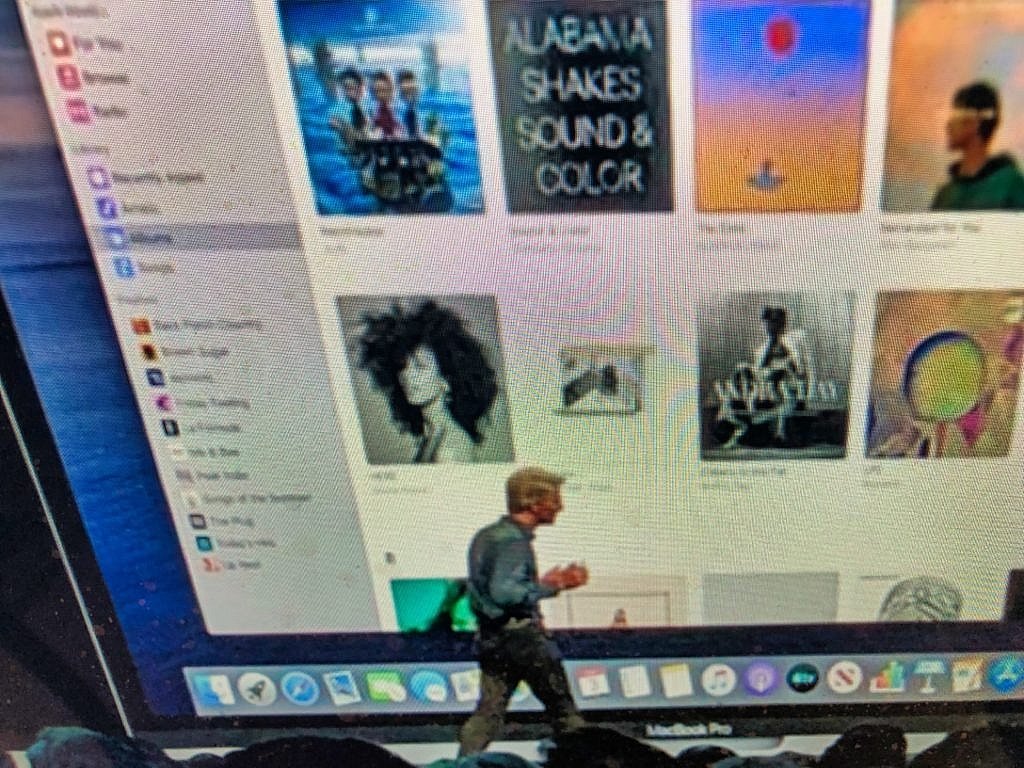
Will 2021’s New Music Hold Out For Tours? → One positive thing we can say about 2020, it didn’t lack for great music. Here’s MusicREDEF’s compilation of various 2020′ best of’ lists as proof. For the most part, it didn’t particularly seem like anyone deprived us of their new music this year. In the superstar category, where the absence of touring is a significant detriment on release strategy, artists embracing lockdown life — like Taylor Swift and Charli XCX — prospered. On the other hand, business-as-usual releases from the likes of Lady Gaga and Childish Gambino seemed here and forgotten.
I think, at first, the uncertainty of the times actually ended up pushing artists to keep the releases flowing. If you remember, there was a time when acts figured they’d be on tour by the summer, and everything would be hunky-dory. There was a feeling that if bands all held their albums for a few months, then there’d be a glut of releases when the time came to tour. So, bombs away. And credit to Dua Lipa for being one of the first to jump in the water, with an end-of-March high-profile album release during the early throes of pandemic panic. Future Nostalgia ended doing quite well for her, giving other acts the nudge they needed. But, most still believed they’d tour in the summer or fall.
2020’s uncertainty is giving way to 2021’s certainty. That certainty is that there likely won’t be any major tours for another year, at the earliest. For that reason, we might see fewer big releases next year or a planned glut of releases (preceding an excess of tours) in early 2022. Here’s Larry Fitzmaurice in the Last Donut of the Night newsletter:
Let’s put visibility aside for a moment (especially when, in the age of social media, it takes a lot to translate that into something you can make a living off of) and talk about the big problem with releasing new music and not touring behind it: No touring means no income, since an increasingly scarce number of musicians can afford to make and release music without touring to recoup the cost of, well, making and releasing music.
Smaller and mid-sized bands are more nimble and can do things that big acts can’t, like book short-notice regional tours and vary the types of venues they play. But there’s also the audience problem — will people be ready to attend concerts before the end of next year? Right now, I’m doubtful. I don’t know if I’ll be comfortable going out until I’m absolutely sure I’m not putting myself and my loved ones in danger. With all the vaccine good news, I hope we can all safely put aside these reservations before we ring in another year. If not, we’ll need all the great new music we can get.
——————
Apple TV Was Making a Show About Gawker. Then Tim Cook Found Out → I have mixed feelings on this story:
Mr. Cook, according to two people briefed on the email, was surprised to learn that his company was making a show about Gawker, which had humiliated the company at various times and famously outed him, back in 2008, as gay. He expressed a distinctly negative view toward Gawker, the people said. Apple proceeded to kill the project.
Several episodes were already in the can, so this wasn’t a small decision. And reportedly, there are other things that Cook (and Apple) object to in Apple TV+’s programming. Unsurprisingly, too much violence and nudity (the reason Cook killed a Dr. Dre biopic despite Dre’s involvement with Apple) or religious controversies (crucifixes were removed from Servant) are on the list. But then, supposedly, a scene was excised from a show because the script called for damaging an iPhone. Oh, and no one in a program can disparage China.
That all sounds dicey. But, in a way, I don’t mind the leader of a content platform setting guidelines based on personal convictions that influence the company’s vision. Most platforms are solely profit-driven and have no content guidelines at all (besides the legally enforced ones). Society’s present mess is partly because platforms try to please everyone, even if everyone includes those spreading dangerous misinformation, bullying, and filth. I’m not saying Cook’s personal views and convictions inspire all his policies (unless he really does love China), but I’d like to see more CEOs express convictions that act as constraints on their companies. I think, in this case, saying ‘no’ to Gawker applies.
Of course, there’s the chilling effect. Will studios take chances when having to navigate a CEO’s personality? On the other hand, could this become the differentiation that we miss in platforms? Like radio stations programming by loose definitions of genre, video streamers become separated by content that follows corporate vision. There will always be platforms that take more risks (that’s a corporate vision in itself), complimenting those that want to remain ‘family-friendly.’ Why not?
I admit what I’m proposing is naïve. Reed Hastings pulling an episode of Patriot Act off Netflix because it criticizes Saudi Arabia is not what we want more of. But if Twitter and Facebook suddenly decided that misinformation, hate-speech, and harassment weren’t allowed because it was against what Zuckerberg and Dorsey believed in — I’d enthusiastically welcome that. They are private companies, after all, and can do what they want if they wanted to.
I know, I know. Just let me enjoy my fantasy for at least a few minutes.
——————
Elijah Knutsen – Music For Vending Machines 1 → Elijah Knutsen, who gave us the exquisite Blue Sun Daydream album a couple of months ago, is back with Music For Vending Machines 1. Elijah refers to this first-in-a-series as “a miniaturized listening experience … much like something purchased from a vending machine.” The three songs, each clocking in at an average length of nine-and-a-half minutes, note a particular noise in their titles: “Air Conditioner Sound,” “Vending Machine Sound,” and “Purple Wisteria Tree Sound.” Those titles are red herrings as these ‘sounds’ are spacious, melodic, and far from mechanical or ordinary. “Vending Machine Sound” in particular gives our ears a visceral variety — layers of mesmerizing, shimmering tones fade into a chorus of voices and footsteps. And then those noises succumb to warm bendy chords alternating in the stereo field, like an interim track on that lost mid-90s My Bloody Valentine album. As with his previous Blue Sun Daydream, Elijah Knutsen’s self-described “micro-release”1It’s still longer than most early Van Halen albums btw. is a gorgeous-sounding diversion, transporting and soothing the listener within its sonic world.

